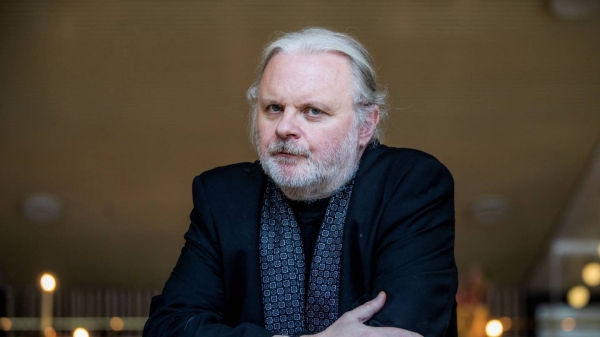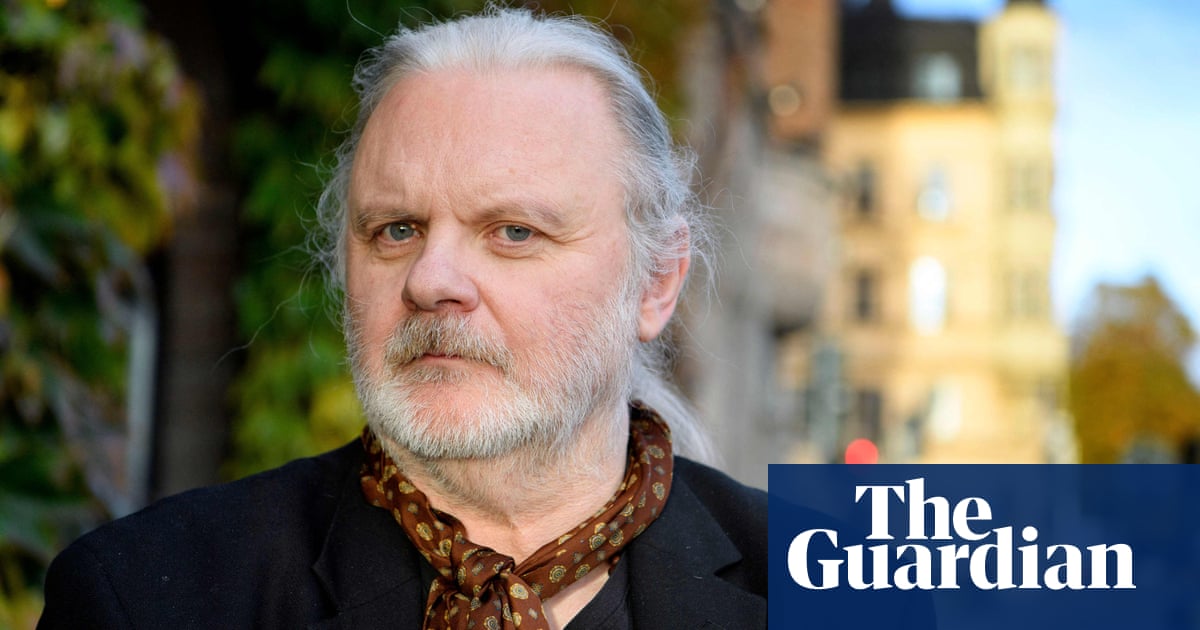
The 2024 Nobel Prize in Literature has been awarded to Han Kang, a South Korean author, for her “intense poetic prose that confronts historical traumas and exposes the fragility of human life.”
Han, 53, began her career with a group of poems in a South Korean magazine, before making her prose debut in 1995 with a short story collection.
She later began writing longer prose works, most notably “The Vegetarian,” one of her first books to be translated into English. The novel, which won the Man Booker International Prize in 2016, charts a young woman’s attempt to live a more “plant-like” existence after suffering macabre nightmares about human cruelty.
Han is the first South Korean author to win the literature prize, and just the 18th woman out of the 117 prizes awarded since 1901. The prize, announced in Sweden on Thursday, carries a cash award of 11 million Swedish kronor ($1 million).
Much of Han’s work poses the question, voiced by a character in her 2019 novel “Europa,” whose protagonist is wracked by nightmares: “If you were able to live as you desire, what would you do with your life?”
Although many of Han’s protagonists are women, her prose works are often narrated from the perspective of men.
“Before my wife turned vegetarian, I’d always thought of her as completely unremarkable in every way,” her novel “The Vegetarian” begins. “However, if there wasn’t any special attraction, nor did any particular drawbacks present themselves, and therefore there was no reason for the two of us not to get married.”
Originally written and published in Korean, “The Vegetarian” was translated by Deborah Smith, who was 28 at the time. Smith, by her own admission, was “monolingual until the age of 21,” and only chose to pursue Korean due to a lack of English-Korean translators.
The Swedish Academy lauded Han’s work for her “unique awareness of the connections between body and soul, the living and the dead.” Through her “poetic and experimental style,” the Academy said, Han “has become an innovator in contemporary prose.”
Anna-Karin Palm, a member of the Nobel Committee for literature, said readers unfamiliar with Han’s work should begin with “Human Acts,” a 2014 novel reflecting on the 1980 Gwangju Uprising, when more than 100 civilians were killed during pro-democracy demonstrations led by students in the South Korean city.
“Human Acts” shows how “the living and the dead are always intertwined and how these kinds of traumas stay in a population for generations,” Palm said at Thursday’s announcement ceremony.
But Han’s “intense, lyrical” writing almost acts as consolation in the face of this historical violence, Palm added. “Her very tender, precise prose in itself almost becomes a counterforce to the brutal noisiness of power,” she said.
Before the announcement, Ellen Mattson, another member of the committee, detailed how the judging panel sets about selecting each year’s literature laureate.
“We start with a very long list of around 220 names,” Mattson said. “Then we have to navigate through this enormous mass of names – and there we need the help of experts from different parts of the world.”
Eventually, the committee reaches a collection of “about 20 names,” which is then narrowed down to a shortlist of five authors. “That’s where the real work starts,” Mattson said.
Each committee member then has to “read everything by these five writers” as they begin to hone in on a single winner.
Announcing the award, Mats Malm, permanent secretary of the Swedish Academy, said Han was “having an ordinary day” and had “just finished supper with her son” when he phoned to congratulate her.
“She wasn’t really prepared for this, but we have begun to discuss preparations for December,” he said. The Nobel Prize award ceremony takes place in Stockholm on December 10, the anniversary of Alfred Nobel’s death in 1896. — CNN












